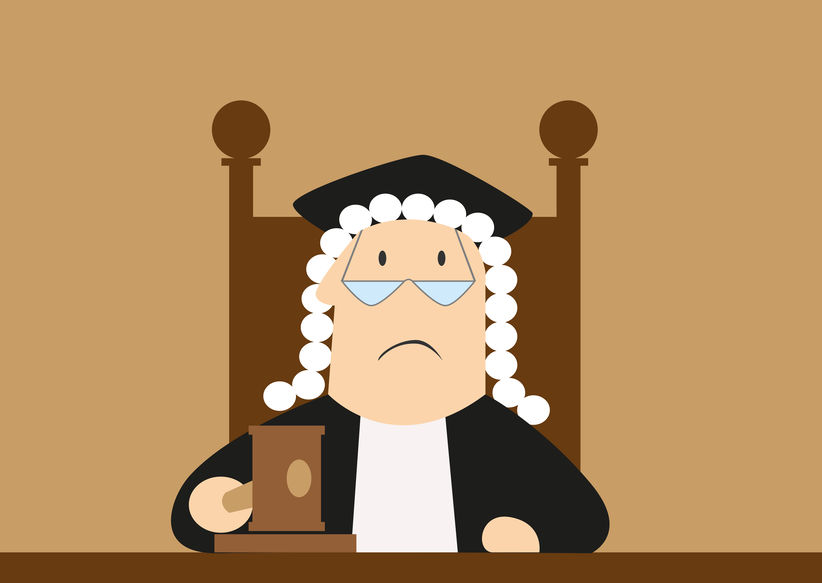When a party files a lawsuit, the opposing party can file an answer to the complaint or file a motion to dismiss the case. But what happens if the case is already at the stage of discovery and a party files a motion to dismiss? Does all discovery have to stop while the parties wait for the court to either grant or deny the motion? Under Florida law, a motion to dismiss is not sufficient good cause to stay discovery.
Discovery is the process that opposing parties use to build evidence against another and is an instrumental part of the adversarial system. Therefore, there are rules in place to govern how the parties and the court can proceed during discovery. The Florida Rules of civil procedure provides when discovery can be limited by the trial court.
What is Discoverable in a Lawsuit?
The scope of discovery in a lawsuit is very broad. Evidence can be discoverable even if it will not be admissible at trial. The law states:
(b) Scope of Discovery. Unless otherwise limited by order of the court in accordance with these rules, the scope of discovery is as follows:
(1) In General. Parties may obtain discovery regarding any matter, not privileged, that is relevant to the subject matter of the pending action, whether it relates to the claim or defense of the party seeking discovery or the claim or defense of any other party, including the existence, description, nature, custody, condition, and location of any books, documents, or other tangible things and the identity and location of persons having knowledge of any discoverable matter…[1]
Can a Party ever Limit Discovery in a Lawsuit?
During discovery, a party can claim that that something requested by the opposing party is privileged or protected. However, the party must still follow the Florida Rules of Civil Procedure. For example, even if a party claims that something is privileged, the party must still describe the nature of the things not produced or disclosed in a manner that will enable other parties to assess the applicability of the privilege or protection. Additionally, the party must file a motion for protective order for the court to determine if what the party is trying to withhold is truly privileged or protected.
What are Protective Orders?
A protective order is an order that prevents the disclosure of certain information under certain circumstances. The party claiming privilege or protection must show “good cause” to qualify for this order. The law states: “upon motion by a party or by the person from whom discovery is sought, and for good cause shown, the court in which the action is pending may make any order to protect a party or person from annoyance, embarrassment, oppression, or undue burden or expense that justice requires…”
When will a Court stay Discovery?
A court will stay discovery when the party requesting the stay of discovery has made an affirmative showing of good cause.[2] Florida trial courts follow the Florida Rules of Civil Procedure to determine when to stay discovery. Therefore, a party filing a motion to dismiss a case is not sufficient for the trial court to stay discovery. Discovery will proceed even while the court resolves the motion. However, the court has discretion to postpone discovery for a reasonable time pending determination of material outstanding motions. Simply having pended unresolved motions does not justify postponing discovery for an unreasonable period of time within the purview of Rule 1.280. Consequently, discovery will cease if the case is dismissed by the court.
[1] 1.280, Florida Rules of Civil Procedure.
[2] Deltona Corporation v. Bailey, 336 So. 2d 1163, 1169 (Fla. 1976).








